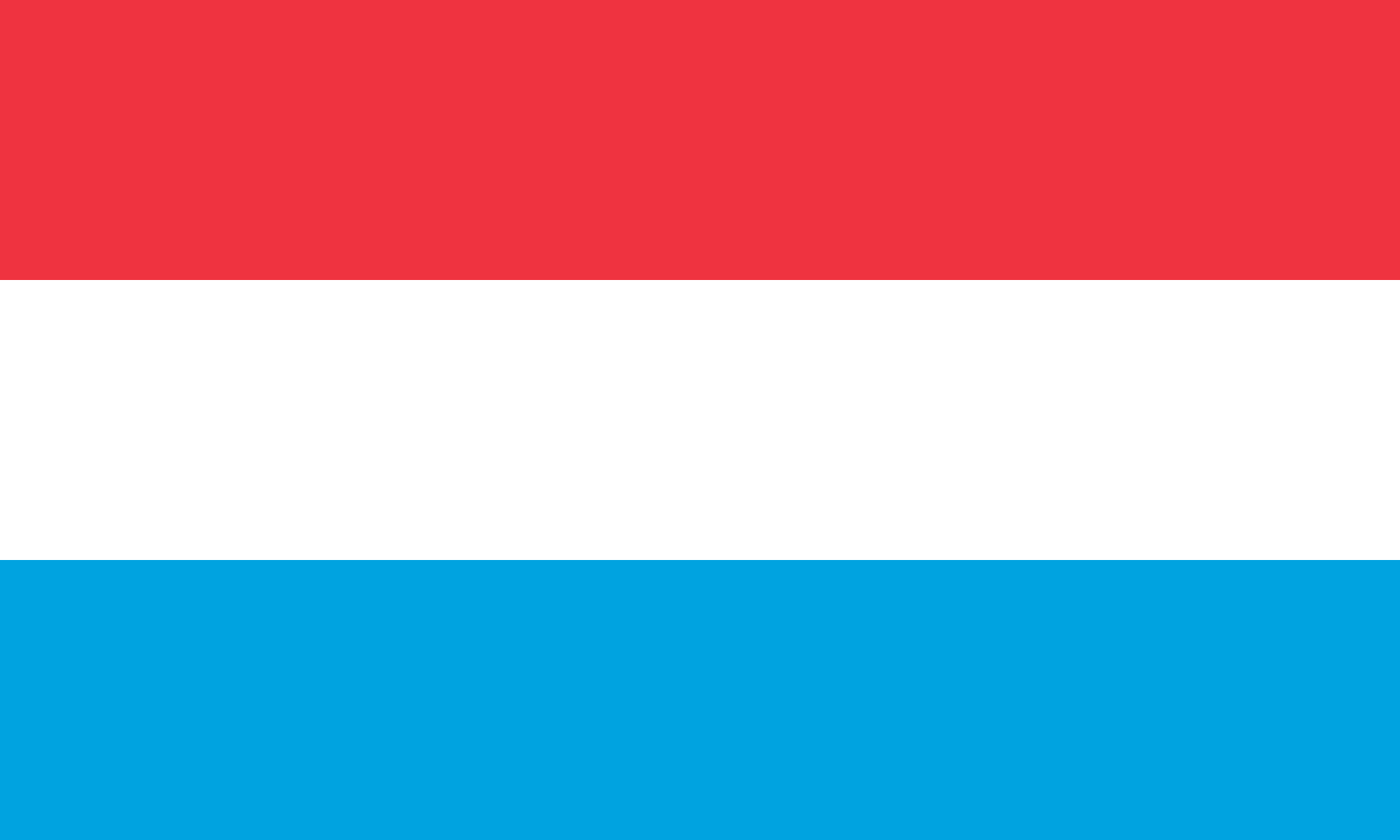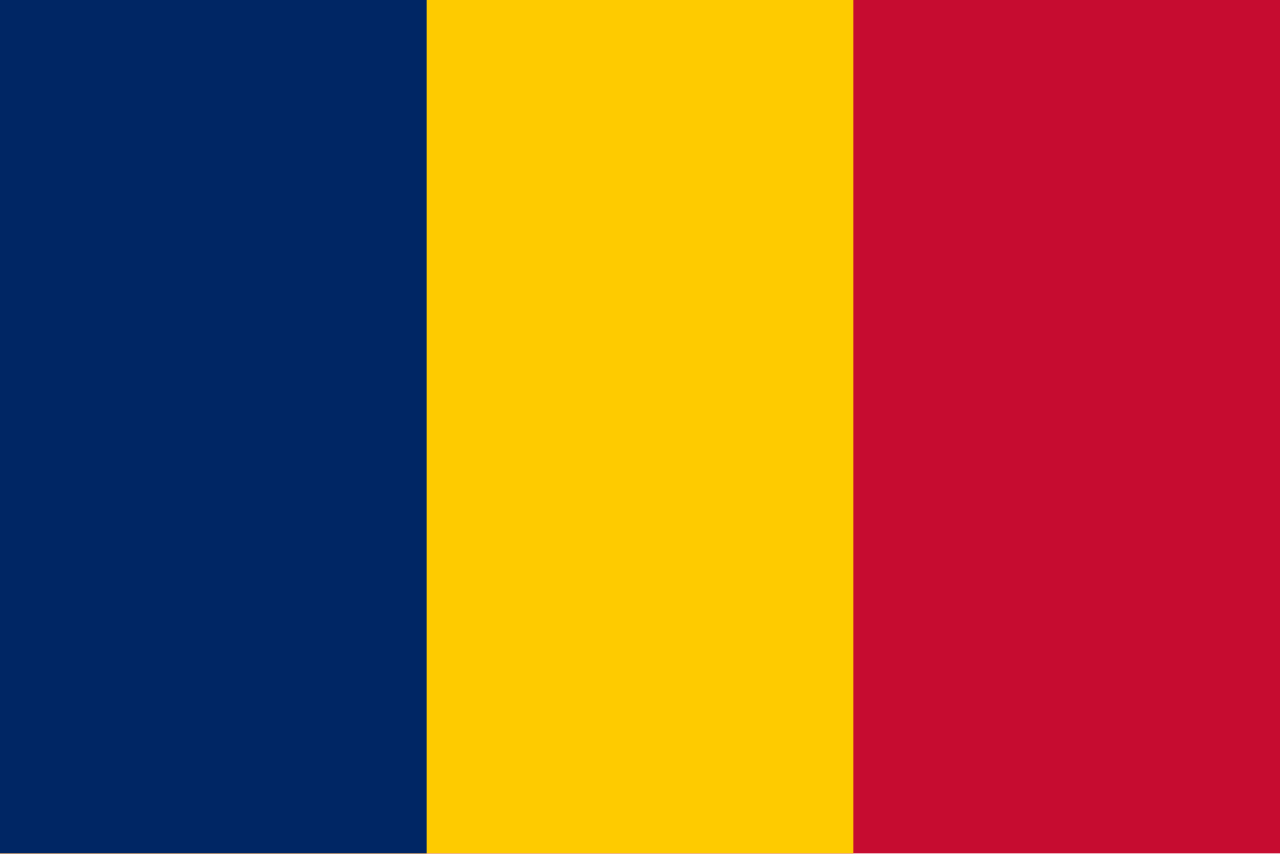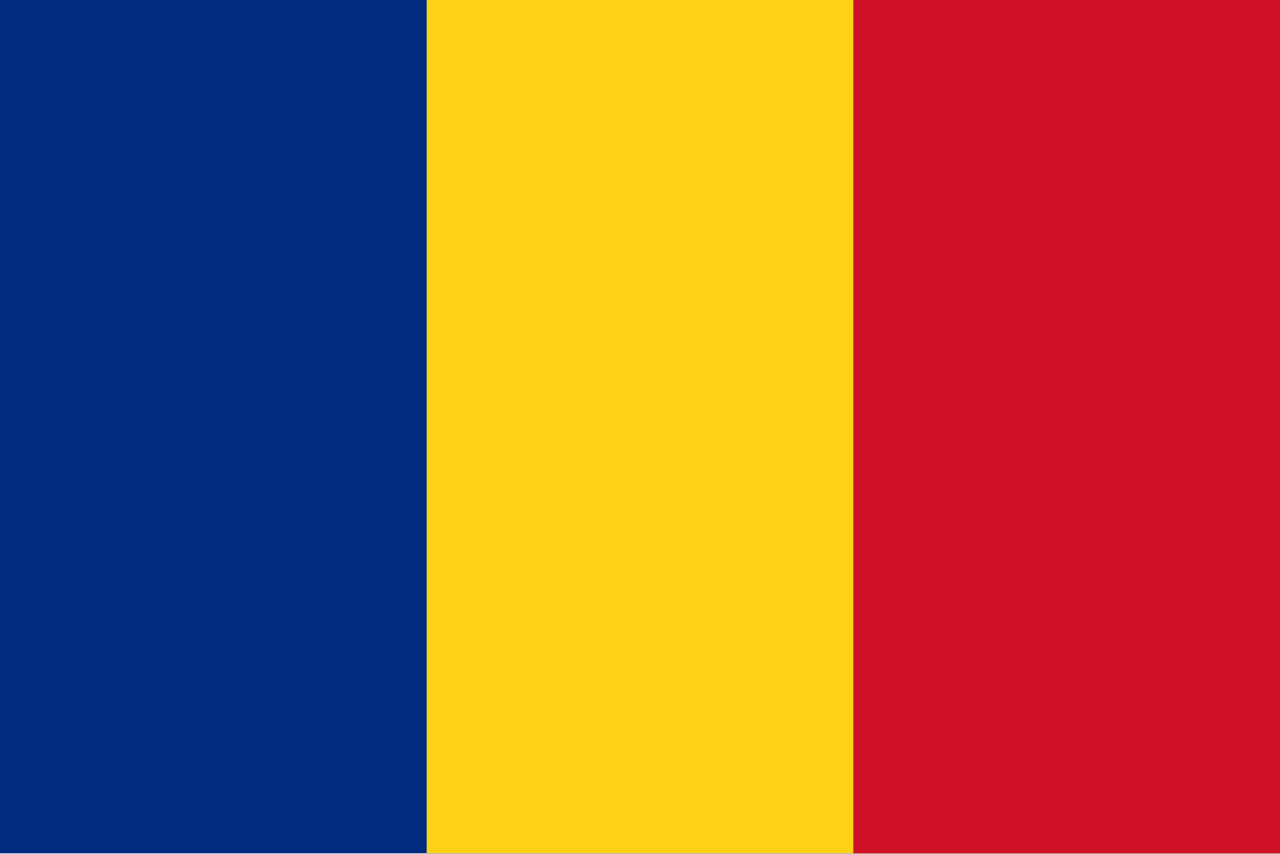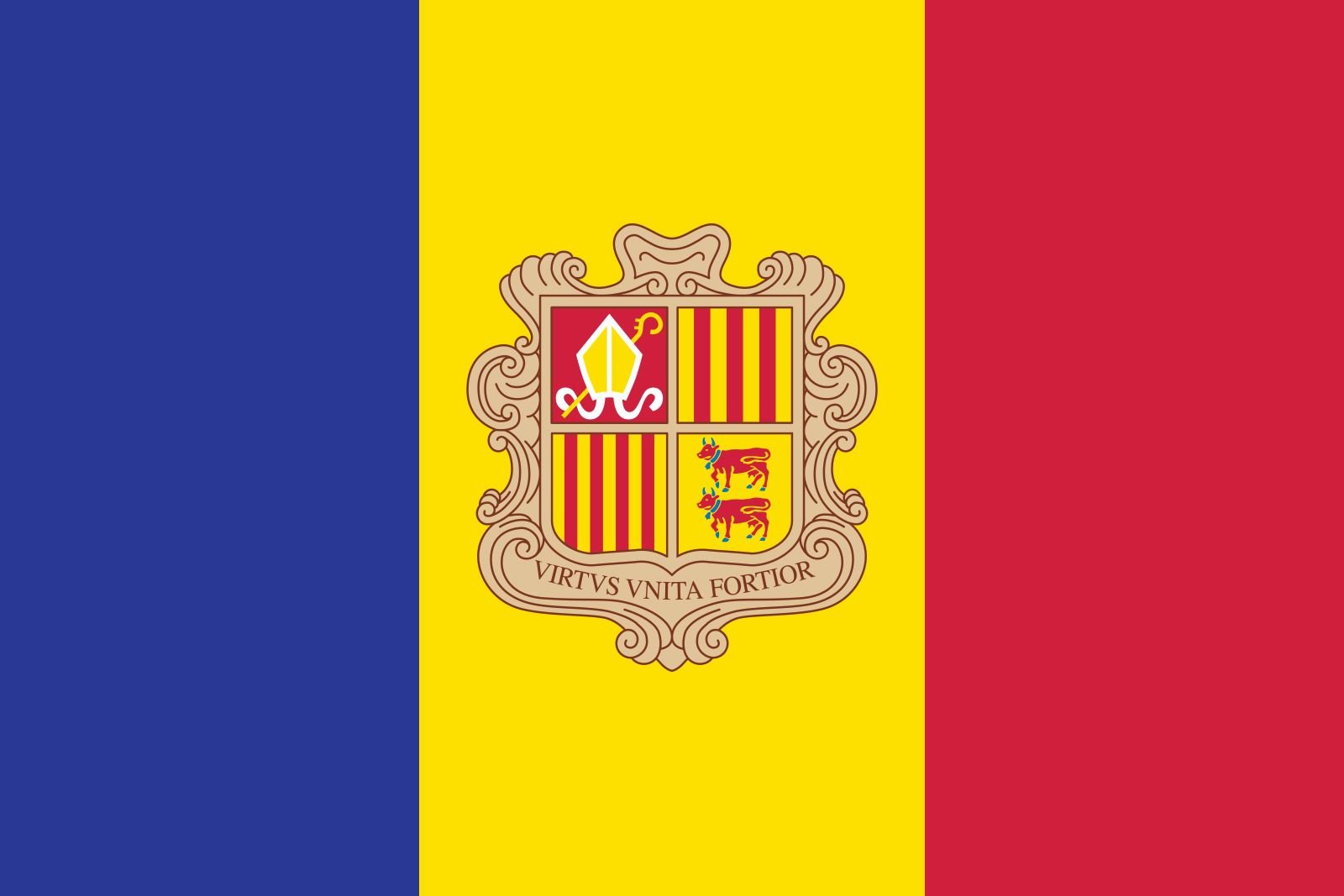This translation is off. The Dutch translation is too nice compared to what the English is trying to convey.
Translating it back it would mean "Hit me dad"
A more literal Dutch translation of the first sentence would be "Geef me kletsen pappie"
A place to share screenshots of Microblog posts, whether from Mastodon, tumblr, ~~Twitter~~ X, KBin, Threads or elsewhere.
Created as an evolution of White People Twitter and other tweet-capture subreddits.
Rules:
Related communities:
This translation is off. The Dutch translation is too nice compared to what the English is trying to convey.
Translating it back it would mean "Hit me dad"
A more literal Dutch translation of the first sentence would be "Geef me kletsen pappie"

That's not even the dutch flag
but it is ? right ? colors a bit pale, but... I think it is
Yup, unless Wikipedia is lying:

That is the flag of the Netherlands. This is the flag of Luxembourg:

True. This is the flag of Chad:

This is the flag of Romania:

And this is the flag of Andorra:

Must be frustrating to be a vexillologist sometimes 😄
Dutch words in general are insane. My favorite is Schildpad=turtle. Which literally means "shield Toad"
Dutch is so whimsical. I personally giggle at winkelwagen. Winkel = shop, wagen = cart. Also, love that they say helaas pindakaas, meaning "that's too bad", but if literally translated means "unfortunately, peanut butter."
Pindakaas literally translates to peanut cheese. IIRC someone trademark protected the word meaning peanut butter, thereby forcing everyone else to call it kaas (cheese) instead?!
TIL you can trademark everyday words in the NL. I need to read more about this!
Edit: turns out this is why
EDIT: Had not seen your edit before i posted this. Though both sources agree on the protected word, mine does not mention Suriname in any way. It sounds like a good theory, but could also be coincidental that the same word was chosen, couldn't it?
--
Apparently, I stand (a bit) corrected. According to this dutch source, the dutch word for butter (boter) could only be used for products containing real (dairy) butter.
Here's a machine-translated and quickly edited (to make sense) version:
In 1948, the first jar of peanut butter was marketed in the Netherlands, but it was not allowed to be called peanut butter. Butter was a name that was specifically registered for real butter. So only butter was allowed to be called butter. Other types of butter were called margarine. And so, another name had to be thought of.
[...] Pinderkaas was compared to leverkaas ("liver cheese"). That is also a sandwich spread that does not contain any cheese at all, but does have cheese (kaas) in its name.
Ah so similar to Oreo “crème,” because “cream” is a protected word in the US